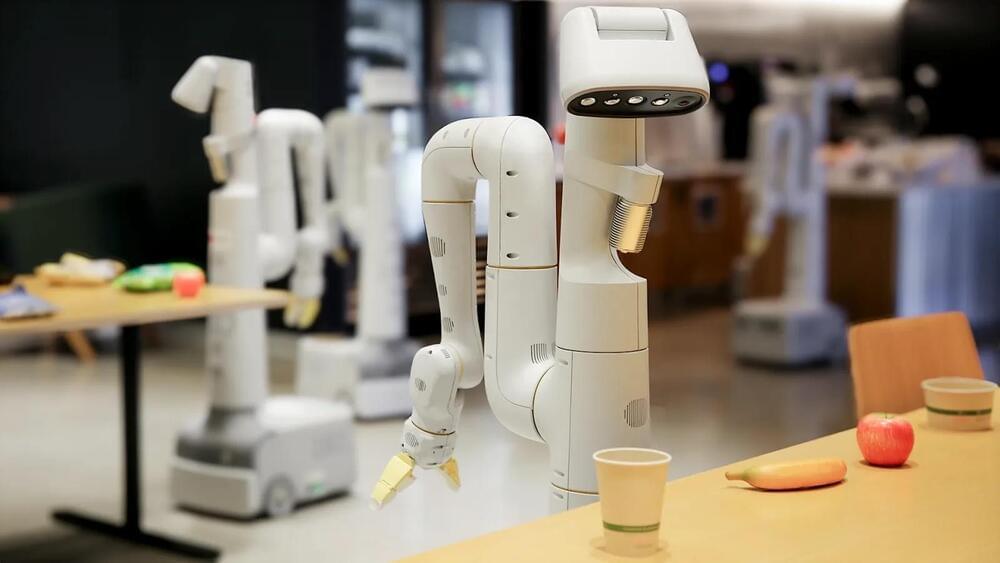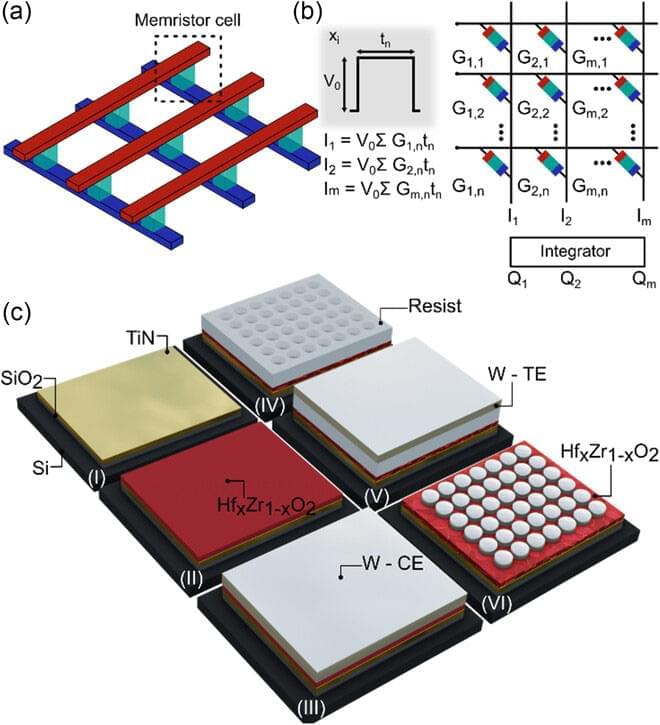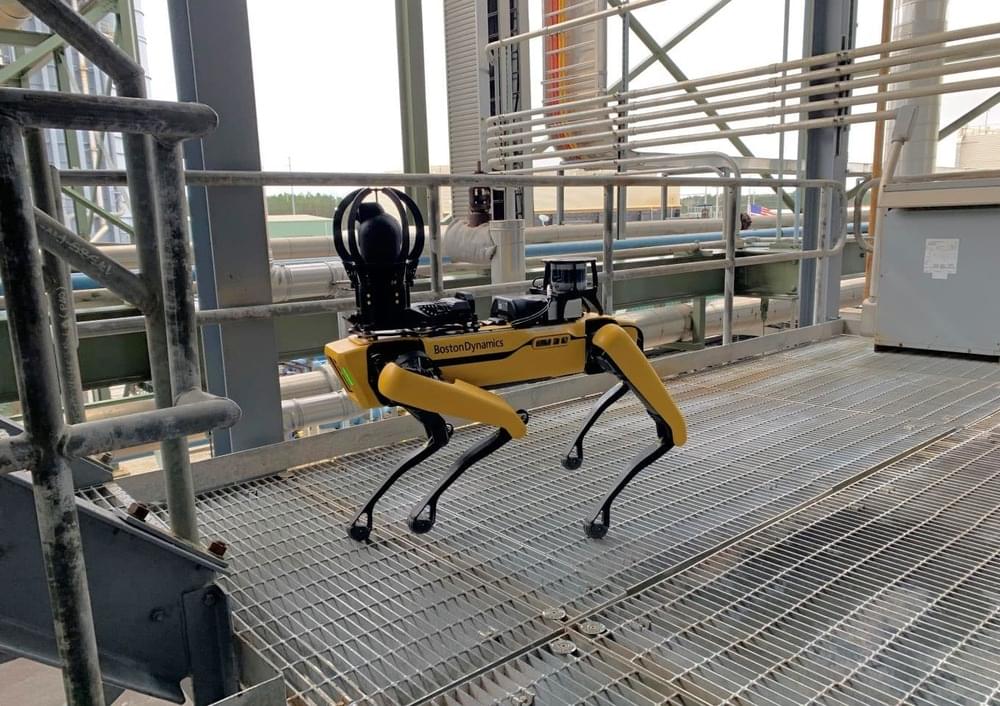How can artificial intelligence help to improve the accuracy of lung cancer screening among people at high risk of developing the disease? Read to find out.
Lung cancers, the vast majority of which are caused by cigarette smoking, are the leading cause of cancer-related deaths in the United States. Lung cancer kills more people than cancers of the breast, prostate, and colon combined. By the time lung cancer is diagnosed, the disease has often already spread outside the lung. Therefore, researchers have sought to develop methods to screen for lung cancer in high-risk populations before symptoms appear. They are evaluating whether the integration of artificial intelligence – the use of computer programs or algorithms that use data to make decisions or predictions – could improve the accuracy and speed of diagnosis, aid clinical decision-making, and lead to better health outcomes.









